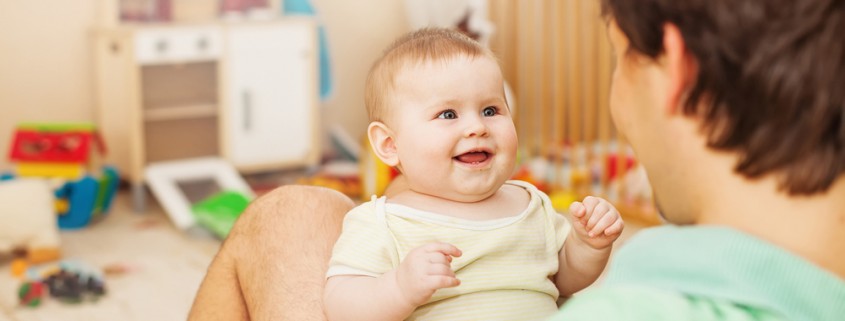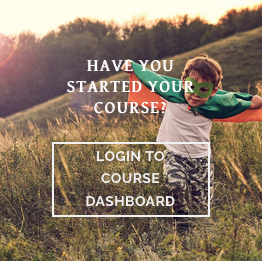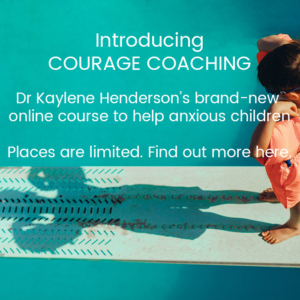Speech and Language Development and Delays in Young Children
Children are learning to communicate with us even from birth and their understanding of language begins soon after.
Speech and language development plays a critical role in children’s social development, their behaviour, their learning of early literacy skills and in the development of their self-esteem.
How you can encourage your child’s speech and language development:
- Start talking to your child at birth.Children start to understand the language we use long before they can use it themselves. We can talk to our children about what we’re doing and what our plans are for the day. The more children hear and see us speak with them, the quicker they will be able to learn how to talk themselves.
- Respond to your baby’s coos and babbling as your baby’s attempts at conversation. Pause and take turns listening and talking – you are starting to teach your child important social skills.
- Play simple games with your baby like peek-a-boo. Play is a great opportunity for face-to-face language based interaction with your child.
- When your child is talking to you, make sure you listen patiently to what he is trying to say. Look at him and give him as long as he needs to respond. Make sure you acknowledge your child when he is talking and answer his questions to reinforce his efforts.
- Read books out loud to your baby or young child. Make this part of your daily routine and encourage a love of reading.
- Ask questions, tell stories and sing songs together
- When your child is talking in single words or short sentences, repeat his comment or request as a full sentence, not to correct him but to model what you want him to learn, e.g. If your child says “milk” you can respond with, “Can I please have some milk? Yes of course.’’
- Similarly when he is learning grammar and the correct use of pronouns, don’t criticise your child, but instead model the correct grammar or use of pronouns for him in your responses, e.g. if your child says, “me want food”, you can respond with, “Can I please have some food? Sure. What would you like?”
Normal developmental milestones for speech development:
By the age of 1: After many months of babbling and gesturing, a child will usually say his first words around the age of 1, e.g. “Dada”, “Mama”, “Hi”.
By 2 years of age: By the age of 2, children can usually string at least 2 words together and will be learning more and more words every week.
By 3 years of age: 3-year-old children will have a word for just about everything and will usually be understood by familiar listeners such as family members.
By 4 years of age: By 4, children are generally understood by unfamiliar people outside of the family too. They speak in sentences and have a good use of grammar and pronouns (e.g. adding ’s’ sounds to indicate plurals; using ‘I’, ‘me’, ‘we’, ‘they’ etc)
By 5 years of age: Children can often hold conversations and tell a story by this age. They may still make mistakes with some of the harder speech sounds, such as ‘r’ and ‘th’.
When to be concerned:
If your child is not talking by 18 months, or if you’re concerned any earlier, it’s a good idea to seek the advice of your family doctor or child health specialist.
Often your doctor will suggest a hearing test. Even if your child had a hearing test at birth, this is still a good idea to make sure that ear infections since birth haven’t affected your child’s ability to correctly hear speech sounds. Depending on the findings, your child may then be referred to a speech therapist. Speech therapists have wonderful skills and programs to assist even very young children to develop the communication skills that they need.
*For simplicity, children are referred to using masculine pronouns (‘he’/‘his’) in this article, although the information equally applies to girls.
Dr Kaylene Henderson is passionate about sharing practical, research based advice to help you feel more calm and confident while raising kind, resilient and socially and emotionally healthy children.
And here for the corresponding course series for early childhood professionals, Raising Good Kids: Managing Behaviour and Emotions in Early Childhood Care and Education Settings.




